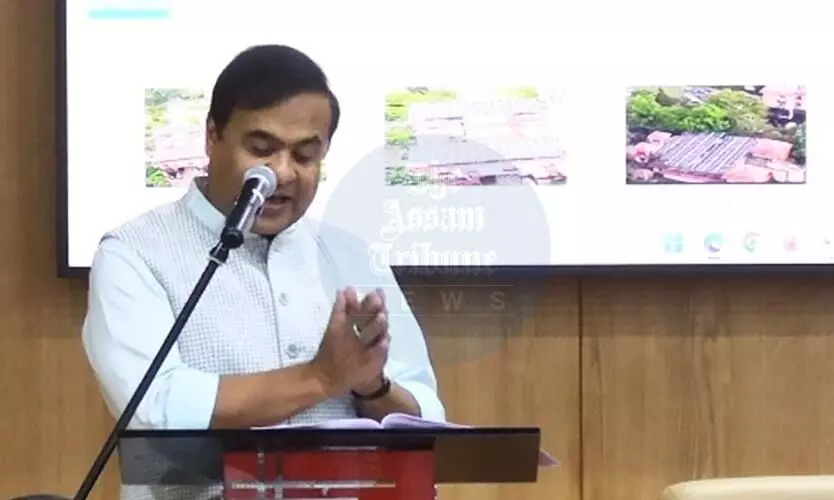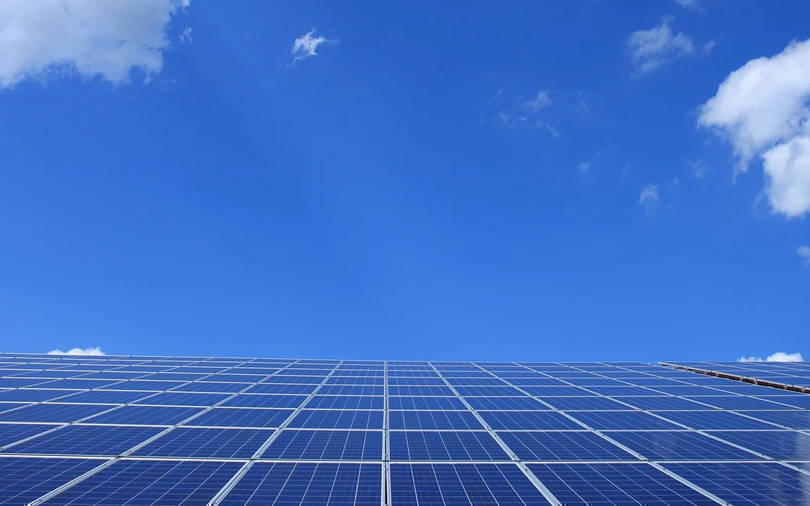Romania’s Energy Price Regulation Continues
In a recent development, Romania has extended its electricity and natural gas price capping scheme until March 2025, aiming to stabilize energy costs for consumers. This move, initiated through an emergency ordinance on March 28, reflects the government’s commitment to managing energy affordability amidst market fluctuations.
Adjustments in Pricing Parameters
Under the extended scheme, certain adjustments have been made to align with prevailing market dynamics. While the end-user prices remain unchanged, modifications have been applied to wholesale market prices. Specifically, the capped price for electricity has been reduced from RON 450 (EUR 90) per MWh to better correspond with market rates. Similarly, the capped price for natural gas has been adjusted from RON 150 (EUR 30) to RON 120 (EUR 24) per MWh.
Addressing Industry Concerns
Despite these adjustments, concerns have been raised by analysts regarding the maintained disparity between capped electricity prices and current market values. Energy Minister Sebastian Burduja has emphasized that calculations were made in consultation with the energy market regulator ANRE and further adjustments could be considered if necessary. The rationale behind this pricing strategy is to incentivize higher market prices, thereby enhancing profitability for energy companies.
Implications for Energy Suppliers
Energy suppliers operating within Romania’s energy market landscape are subject to strict regulations under the extended capping scheme. They are prohibited from charging prices exceeding the capped rates, with any additional revenues facing a 100% tax imposition. Furthermore, suppliers facing losses due to market price differentials are eligible for compensation from the Energy Transition Fund, financed through windfall taxes levied on electricity and natural gas producers.
Conclusion
While Romania’s decision to prolong the energy capping scheme underscores its commitment to consumer welfare and market stability, ongoing adjustments and industry feedback highlight the complexities inherent in energy market management. As the global shift towards renewable energy and green policies continues to reshape the energy landscape, careful calibration of regulatory mechanisms remains essential for sustainable energy development.
In summary, Romania’s proactive approach towards energy price regulation reflects broader trends in the solar energy market and underscores the importance of adaptive policy frameworks in navigating evolving energy market dynamics.
Source:romania-insider.com





